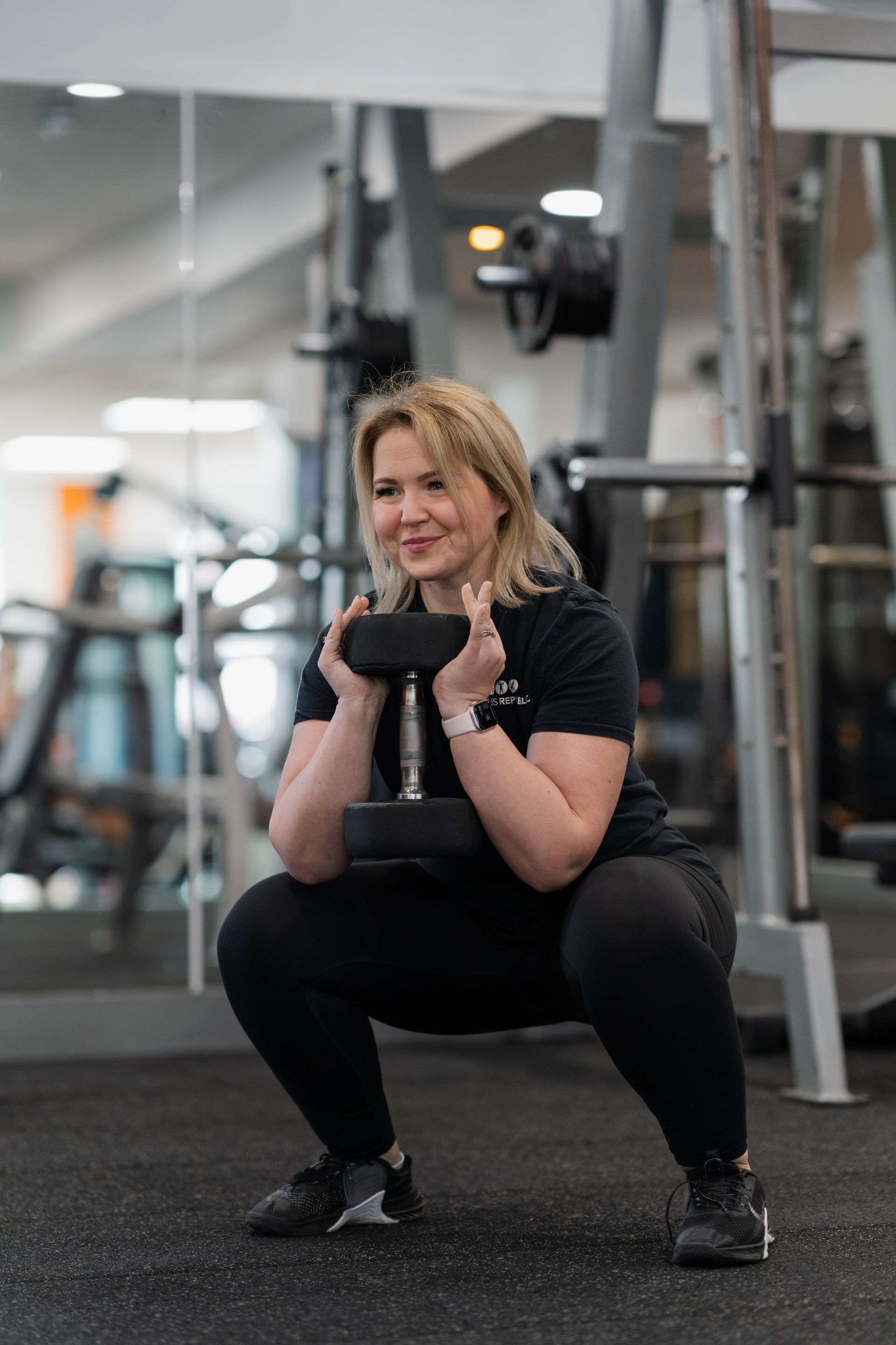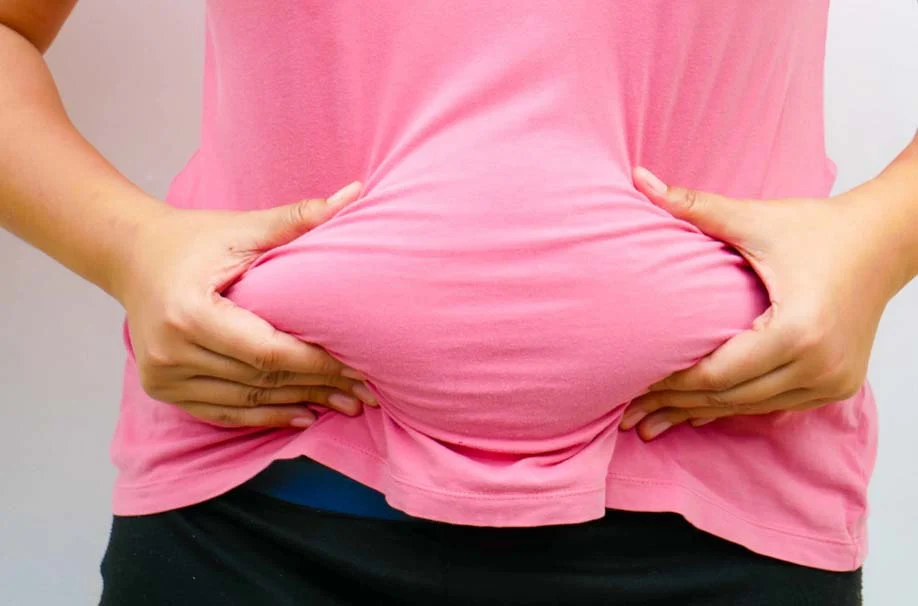Why Teens Need To Move
Why Teens Need To Move
Ask most people why teenagers should stay active and you’ll hear the usual: “It’s good for their health,” “It keeps them fit,” or “It burns off energy.” All true—but they’re just scratching the surface.
The teen years are a whirlwind of change—physically, mentally, emotionally—and movement plays a far bigger role in navigating that chaos than most people realise.
Yes, exercise builds strength, coordination, and helps manage weight. But did you know it also boosts brainpower? Studies show that regular physical activity actually increases the size of the hippocampus—that’s the part of the brain responsible for memory and learning. Pretty handy when you’re knee-deep in revision and exam stress, right?
And speaking of stress... exercise is one of the most effective ways to manage it. Just 20–30 minutes of moderate movement, three times a week, can lower cortisol (the stress hormone), improve sleep, and boost focus. It’s not about smashing the gym seven days a week—it’s about creating space to reset, recharge, and sharpen your mind. Students who stay active often perform better academically—not because they study more, but because their brains are calmer and more alert.
Here’s something that might surprise you: strength training is great for teens. Forget the myths—it’s not about lifting the heaviest weights possible. When done safely, strength work improves posture, supports joint health, and builds lasting habits of discipline and self-belief. It's about learning technique, consistency, and how to enjoy the process—not chasing six-packs.
At Fitness Republic, we see the transformation all the time. Teens come in shy, uncertain, maybe a bit intimidated. Fast forward a few weeks, and they’re walking taller—not just because they’re physically stronger, but because they feel more confident, more in control. It’s powerful stuff.
And it’s not just a solo mission. Being active helps teens feel connected—especially important in a digital world where many feel more isolated than ever. Group training, classes, or just working out with a mate releases bonding chemicals like oxytocin and dopamine. It lifts mood, eases anxiety, and builds friendships in real life—not just on screens.
For parents, encouraging your teen to move doesn’t mean dragging them to football practice or forcing them into sports they hate. It can be as simple as a gym session, a walk with mates, a dance class, or a relaxed circuit workout. The magic happens when they find something they *actually* enjoy. That’s when it sticks.




